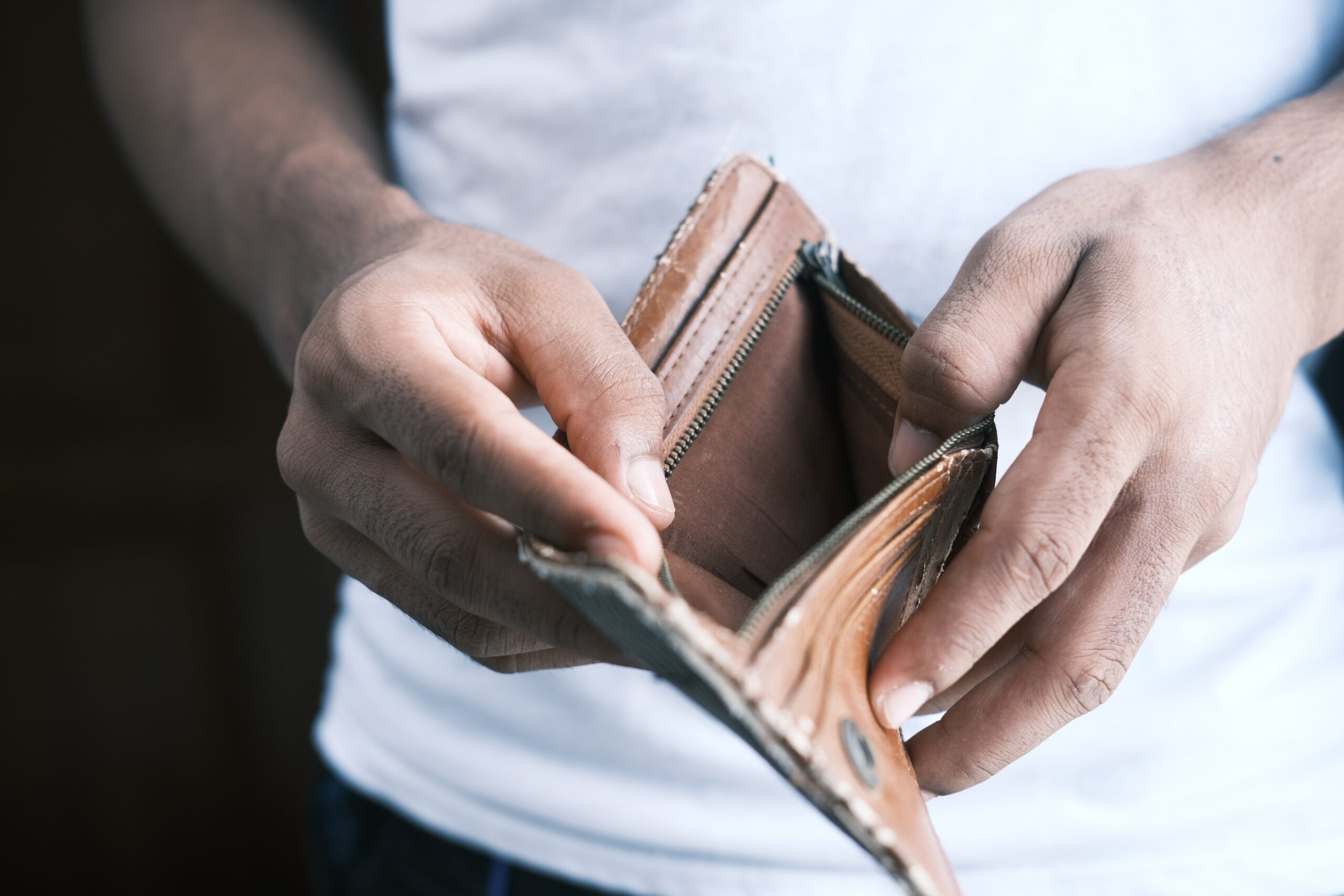Credit cards can be an effective tool in financing major purchases and building your credit score, while providing valuable rewards such as cash back or airline miles.
But they can be dangerous when misused. By learning how to utilize credit responsibly and form good financial habits, you can find ways to achieve your financial goals.
Paying Off Your Balance
Payment in full of your credit card balance each and every month is important in avoiding interest charges that could build up when balances roll over into subsequent billing cycles.
Though it may be tempting to settle with only minimum payments when working within a tight budget, doing so may only extend repayment and cost you even more due to interest charges on unpaid balances in the long run.
Gather all of your credit card information and write down the remaining balances, interest rates, and minimum payments on each card that bears your name. Some people prefer paying off low balances first using the snowball method, which allows them to see progress while freeing up funds to address higher balances later. You can click the link: https://www.wikihow.com/Get-Out-of-Debt for more tips.
Another alternative would be transferring a large balance onto a card offering zero-interest introductory offers. These offers can provide a great way to help you manage your current debt; however, it is important to research all card terms thoroughly. Being aware of when your introductory period ends is essential in avoiding unnecessary fees.
Avoiding Late Payments
With all the enticements offered by rewards programs, cash back and interest-free periods available with credit cards today, it can be tempting to overuse them. But remember the main rule for using credit is making payments on time to avoid late fees by setting up automatic payments or ensuring payment arrives before its due date.
Also ensure you read your cardholder agreement to understand what happens if you miss a payment and what may occur as a result – any missed payment could end up costing thousands! You can learn more about this by clicking the link.
Missed credit card payments can have a lasting effect on your score and stay on your report for seven years, potentially impacting other accounts such as loans or auto insurance policies offered through the same lender. Late payments also strain cash flow and often necessitate legal action in order to recover payments due.
Keeping Your Credit Utilization Ratio Low
Credit utilization is one of the key determinants in your credit score and keeping it low is one way to protect it and increase it.
Your credit utilization ratio can be calculated by adding up all of the balances on revolving credit cards and dividing them by their respective credit limits. You can get this information either from looking over your most recent statement or by logging into your online credit account.
To reduce your credit utilization rate, pay down balances as quickly as possible – particularly before the end of each billing cycle. Or you could spread larger expenses across multiple cards in order to lower overall usage by using less of each limit than originally intended.
Another way to decrease credit utilization is to finance large purchases with a personal loan instead of credit cards. A personal loan is an installment debt you must repay over an agreed upon time frame and may have less of an effect on your score than credit cards do. You can learn more important tips from a DIY Credit repair book that can help you improve your score. Improving your credit will have numerous benefits.
Keeping Your Credit Score High
Credit utilization ratio, which measures your spending on revolving accounts like credit cards, is one of the key elements that influence a credit score. Experts generally advise keeping this ratio below 30% for optimal results.
Keep your credit utilization at its lowest by paying off all balances before the statement due date. A pre-approval tool can also help determine which credit cards you qualify for before applying, helping to reduce hard inquiries that can lower your score by up to 10 points.
If you’re struggling to build or rebuild your credit score, enlist the help of someone with good credit as an authorized user on their account. This could make bill payments simpler while simultaneously helping boost your score – just make sure they make payments on time as missed payments can do serious damage to your history!
Credit is a part of everyday life. That is why it is important to utilize it in a way that enhances your financial goals.

